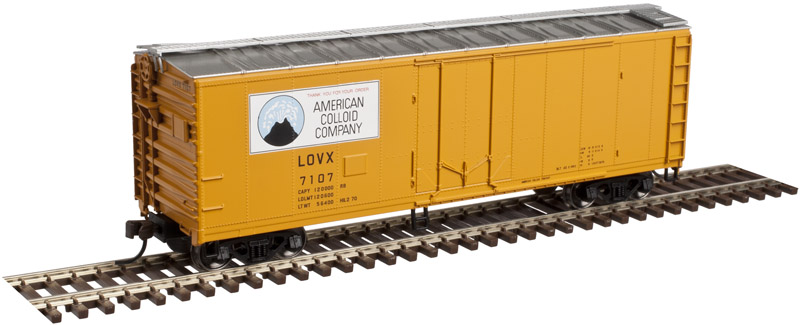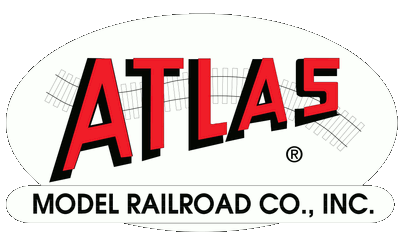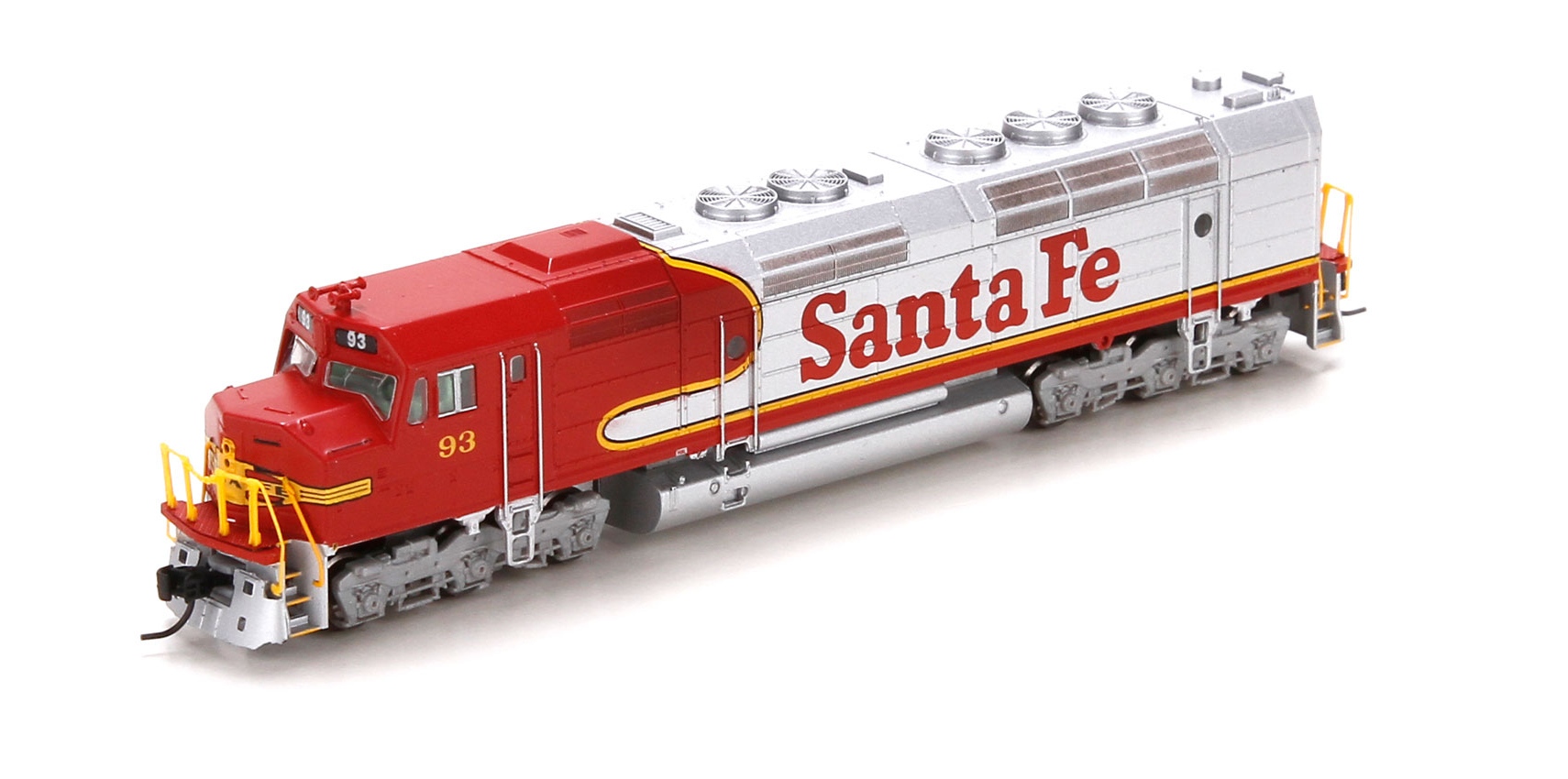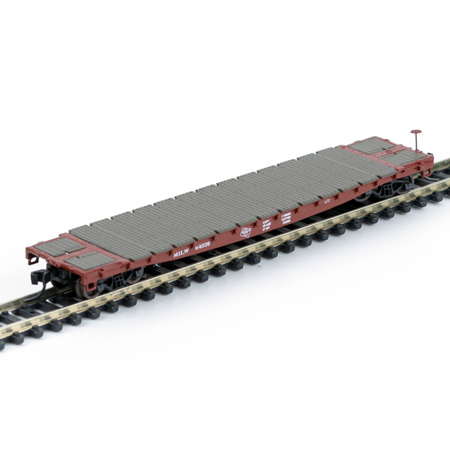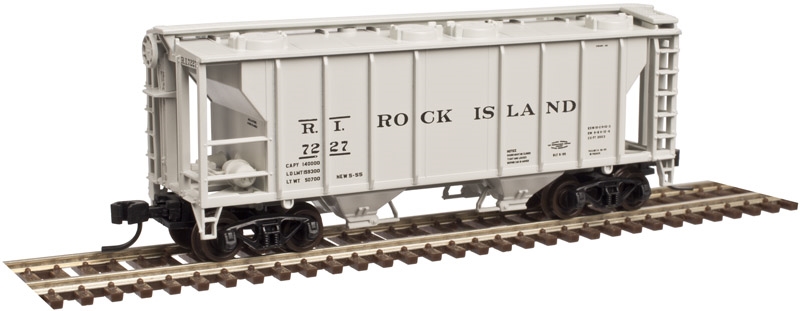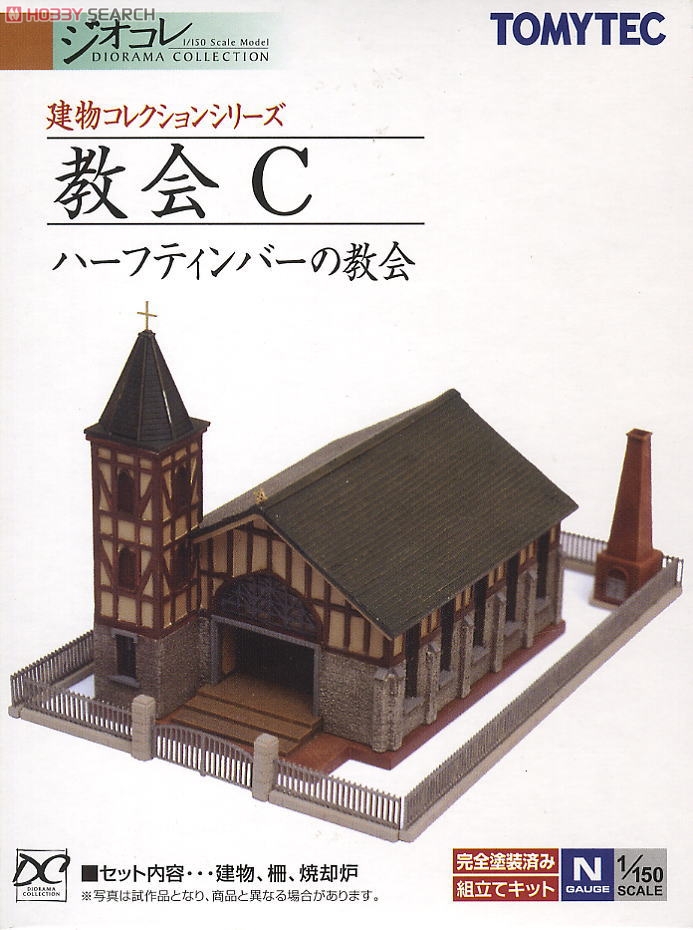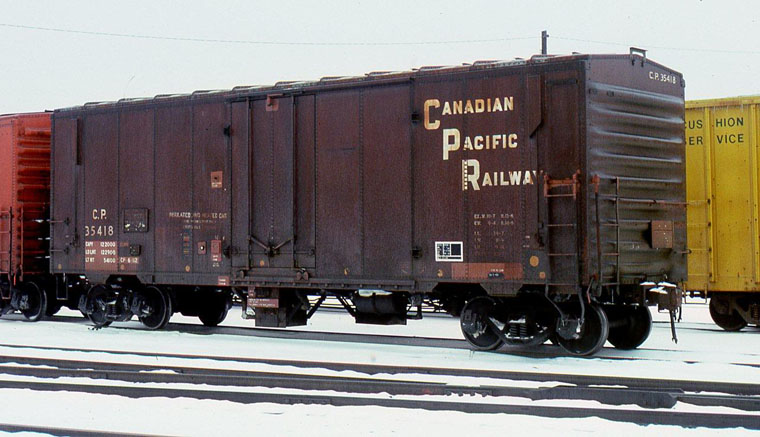Body Style Information: Prototypical painting and lettering.
AccuMate® couplers.
Roller-bearing or friction-bearing trucks where appropriate.
Prototype Information: Plug-Door boxcars are usually insulated and typically carry products such as canned goods that require protection from extremes of temperature but do not require refrigeration. Plug-style doors were normally used to ensure a tight seal in the insulation. Designed for transport of both perishables and large loads, plug doors allowed box cars to be sealed from outside dust and dirt. Cars like these were manufactured during the 50s and 60s.
Whether you consider this a reefer or a boxcar is a matter for angel-pinhead-counters. There seems to be a bit of a blurry line during the transition era between the idea of a steel ice reefer and an insulated boxcar. I guess an ice reefer was meant to hold ice for cooling but I doubt this is a cut-and-dry distinction. Modern "mechanical" reefers are a different breed as they contain a refrigeration unit which quite distinctly sets them apart from "boxcars".
Whether you consider this a reefer or a boxcar is a matter for angel-pinhead-counters. There seems to be a bit of a blurry line during the transition era between the idea of a steel ice reefer and an insulated boxcar. I guess an ice reefer was meant to hold ice for cooling but I doubt this is a cut-and-dry distinction. Modern "mechanical" reefers are a different breed as they contain a refrigeration unit which quite distinctly sets them apart from "boxcars".
Road/Company Information: American Colloid Co. is a leading U.S. manufacturer of materials, such as absorbent polymers and bonding agents, consumed in mineral, environmental, and consumer products industries. Its offerings range from cat litter and absorbent polymers used in diapers to bentonite clay used in metal casting and for other industrial applications. The company operated 37 production/research facilities throughout the world in 1995 and was posting record profits, largely as a result of innovative new products.
American Colloid Co. was built on a single product; bentonite clay. Although various types and grades of Bentonite clay were in existence, the material that American Colloid began selling in the early 1900s was located in deposits as deep as 100 feet in the northern plains of the United States. That clay was formed from volcanic ash that, over millions of years, was transformed into a highly-absorbent, paste-like substance. Native Americans used the clay in several applications, including as a soap for buffalo hide, an ingredient in soils for decorative plants, and possibly even as a dietary supplement during pregnancy. Later, settlers began using the clay to seal log homes, pack inflamed horses hooves, and grease wheel axles.
American Colloid Co. was built on a single product; bentonite clay. Although various types and grades of Bentonite clay were in existence, the material that American Colloid began selling in the early 1900s was located in deposits as deep as 100 feet in the northern plains of the United States. That clay was formed from volcanic ash that, over millions of years, was transformed into a highly-absorbent, paste-like substance. Native Americans used the clay in several applications, including as a soap for buffalo hide, an ingredient in soils for decorative plants, and possibly even as a dietary supplement during pregnancy. Later, settlers began using the clay to seal log homes, pack inflamed horses hooves, and grease wheel axles.
Brand/Importer Information: In 1924 Stephan Schaffan, Sr. founded the Atlas Tool Company in Newark, New Jersey. In 1933 his son, Stephan Schaffan, Jr., came to work for his father at the age of sixteen. Steve Jr. built model airplanes as a hobby and frequented a local hobby shop. Being an enterprising young man, he would often ask the owner if there was anything he could do to earn some extra spending money. Tired of listening to his requests, the hobby-store owner threw some model railroad track parts his way and said, "Here, see if you can improve on this".
Atlas has made a ton of wonderful products throughout the years and we often get questions one whether we have run a certain road name on a particular model. It should be noted that Atlas locomotives and rolling stock are greatly appreciated for their superior operating and running characteristics. Atlas products are also well known for their outstanding collectability not only due to their superior prototypical workmanship, details and decoration, but because there are relatively so few of them made. Each and every production run has been carefully built to market demand, meaning almost every piece in any given run is sold out by Atlas on arrival or shortly thereafter, thus creating a built in collectors market.
Atlas has made a ton of wonderful products throughout the years and we often get questions one whether we have run a certain road name on a particular model. It should be noted that Atlas locomotives and rolling stock are greatly appreciated for their superior operating and running characteristics. Atlas products are also well known for their outstanding collectability not only due to their superior prototypical workmanship, details and decoration, but because there are relatively so few of them made. Each and every production run has been carefully built to market demand, meaning almost every piece in any given run is sold out by Atlas on arrival or shortly thereafter, thus creating a built in collectors market.
Item created by: devsummers428 on 2019-12-14 18:03:03
If you see errors or missing data in this entry, please feel free to log in and edit it. Anyone with a Gmail account can log in instantly.
If you see errors or missing data in this entry, please feel free to log in and edit it. Anyone with a Gmail account can log in instantly.


